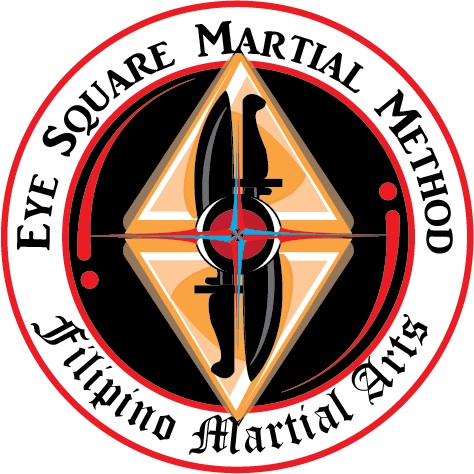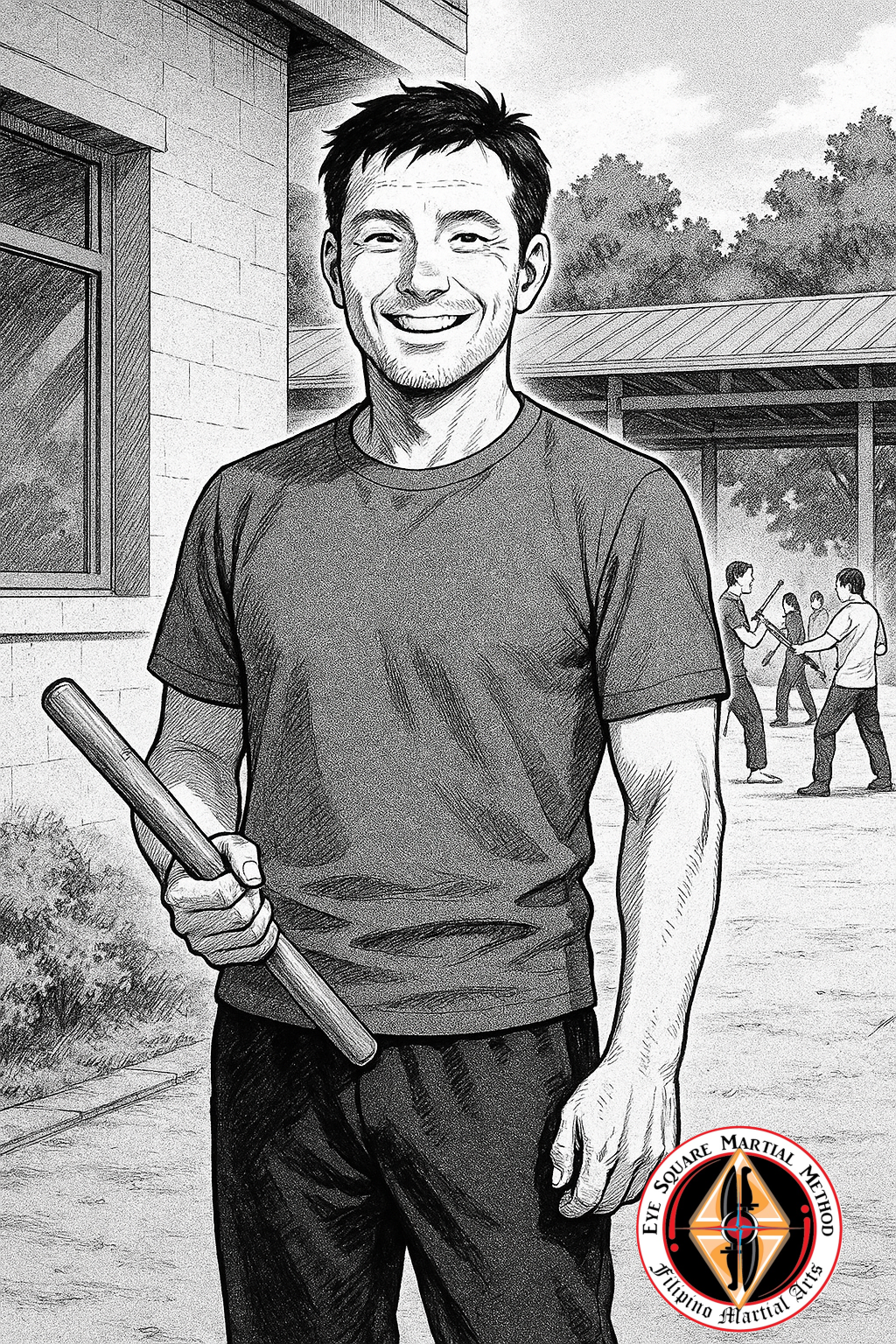You’re Not Too Late, and You’re Not Alone
If you’re reading this, chances are you’ve been thinking about starting martial arts or some kind of self-defense training—but something’s held you back. Maybe you think you’re too out of shape. Maybe your schedule is overloaded. Or maybe you’ve hit your 40s and you’re wondering if your body can keep up.
Good news: You can start training, and you should. Your future self will thank you.
Myth: “I Need to Get in Shape Before I Train”
One of the biggest mental traps is thinking you have to already be fit to start training. That’s like saying you need to know how to play guitar before taking music lessons. Martial arts is the training.
Start where you are. The best programs will meet you there.
When I started training, I was pre-hypertensive!
Tip #1: Choose a System That Values Longevity
Not every martial arts system is built with older beginners in mind. Look for schools that:
- Emphasize proper technique over raw athleticism
- Scale training intensity to the individual
- Prioritize injury prevention and mobility
Systems like Filipino Martial Arts (FMA), which emphasize leverage, timing, and coordination over brute strength, are a great place to start.
Tip #2: Time Management = Priority Management
Think you don’t have time? Start small:
- 10 minutes of solo practice at home
- 1 class per week to build the habit
- Walking or stretching during work breaks
You don’t need hours a day. You need consistency.
Tip #3: Train Smart, Not Just Hard
Especially after 40, your body’s recovery is as important as your workout. Some key tips:
- Warm up before and cool down after every session
- Focus on quality reps, not just reps
- Listen to your body—tweaks become injuries if ignored
Tip #4: Mindset Is Your Best Asset
You bring something younger athletes often don’t: life experience. You know how to commit. You’ve overcome harder things. Use that.
Training in your 40s and beyond is less about competition and more about capability—building a body and mind that can move, defend, and thrive.
Getting Started: A Simple Plan
- Find a beginner-friendly school – Look for instructors who care about your goals, not just their own style.
- Start with one class per week – Build the habit before worrying about more.
- Practice at home – Basic drills, footwork, and mobility go a long way.
- Track your wins – Each session is progress, not perfection.
Closing Thought:
You’re not too late. You’re not too broken. You’re not too busy.
You’re just getting started.


Leave a Reply